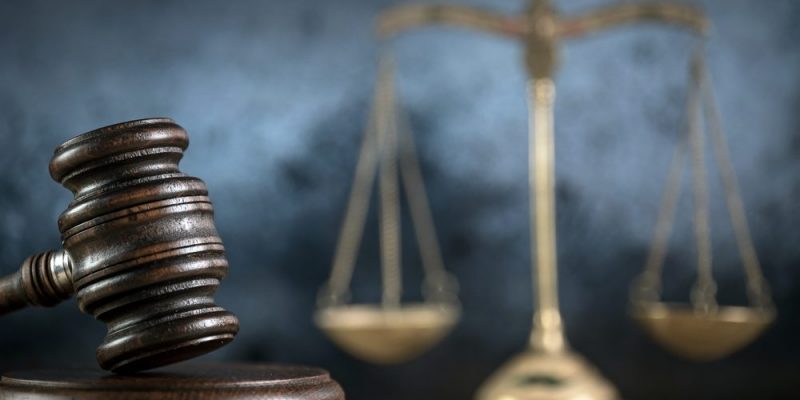We explain what public law is and the branches of study that comprise it. Also, its difference with private law and examples.

What is public law?
It is known as the public right to a part of the legal systems whose rules concern public power and its relationships with individuals, organizations and with itself, provided that it is exercised as a representation of the interests of the State.
In other words, it is the branch of positive law that regulates the relations of subordination and superordination between the State (represented by the Public Administration) and individuals, as well as between the different organizations that make up the Public Power.
Together with private law, it makes up the branch of positive law, that is, that which It is contained in written legislation (Constitution, Law, etc.) and agreement and acceptance by the community in which it governs.
Therefore, public law is also part of the legal system built by societies to govern their own functioning, and to which they all choose to submit.
Public law can vary enormously depending on the nation it governs, but in general terms it is governed by two guiding principles:
- Principle of legality It establishes that all actions of public powers must necessarily be registered in the current legal order, that is, they must have legal certainty, in accordance with their jurisdiction and nature. That is to say: the State cannot violate the laws.
- Beginning of empire It establishes that every relationship between the State and individuals is exercised from a situation of inequality in which the former has control (empire) so you will be exercising public power. That is to say: the State is the authority.
Branches of public law

The branches of public law are usually the following:
- Constitutional law. That branch that concerns the interpretation of the legal texts of the Constitution and other written regulations that are fundamental in the construction of the State.
- Administrative law. That which regulates public administration and modulates the functioning and relations between the various organizations that make up the State.
- Public international law. It concerns the relationships between the different Nation-States of the planet: their joint plans, their economic agreements and exchanges, their border disputes, etc.
- Criminal law. It has to do with the punitive capacity of the State, that is, its ability to punish those who violate the law and to exercise coercion on the citizens among whom it prevails.
- Procedural law. It regulates the mechanisms and procedures of the State in relation to the way in which it exercises its power, guaranteeing minimum rights and proportion at all times.
- Labor law. That branch linked to the legal framework that regulates work to guarantee its dignity, legality and fair remuneration, as well as the rights and duties of workers, employers, unions, etc.
- Financial law Regulates public spending processes to guarantee transparency and good conduct of the State in its use of public funds.
- Tax law. That which has to do with taxes, tributes and other forms of tax collection, which the State uses to finance itself.
- Electoral right. It is responsible for regulating the procedures for the succession of power and replacement of rulers at all levels, in any of the public powers.
Difference between public and private law
The difference between public and private law dates back to the ancient years of Roman Law when the need to discern between legal matters linked to individuals (Private Law) and those that concern the “Res Pública” was imposed, that is, the public “thing” of the State (Public Law).
Both branches are therefore distinguished in their scope of action : when it comes to matters that involve individuals or even the State acting as one of them (commercial operations, successions, private property, etc.) we will talk about private law; When it comes to the State and the rules of coexistence and the social pact (public order, public funds, functioning of the State, etc.) we will speak of public law.
Examples of public law
The examples of public law are simple and abundant:
- The conviction of a criminal who was captured by security agencies (criminal law) and tried by an appropriate court (procedural law).
- The interpretation of what is established in the National Constitution (constitutional law) to determine whether or not a presidential election was carried out correctly (electoral law).
- The review of international sovereignty treaties to mediate in a third country in conflict (public international law).
- Defend a worker whose rights have been violated (labor law).





